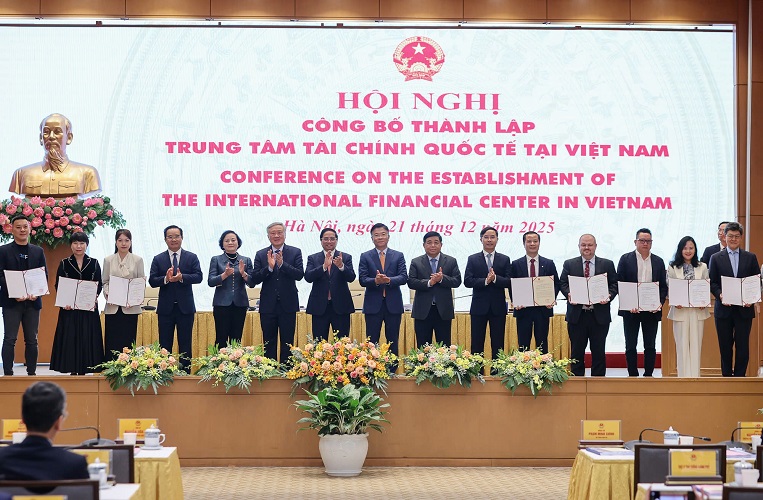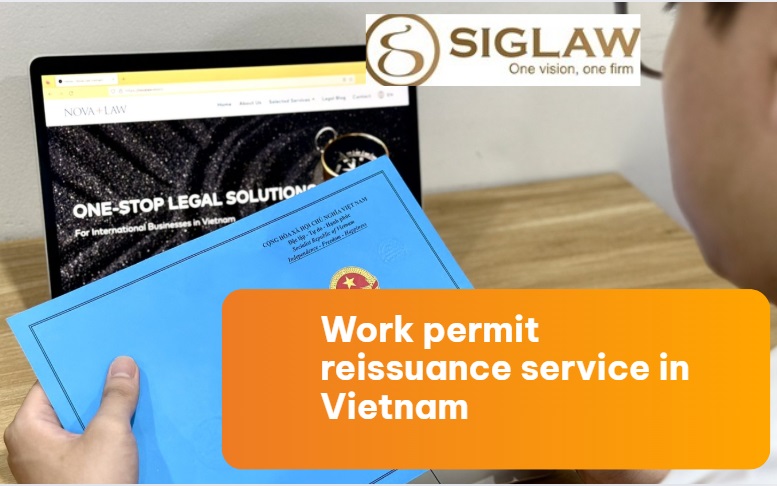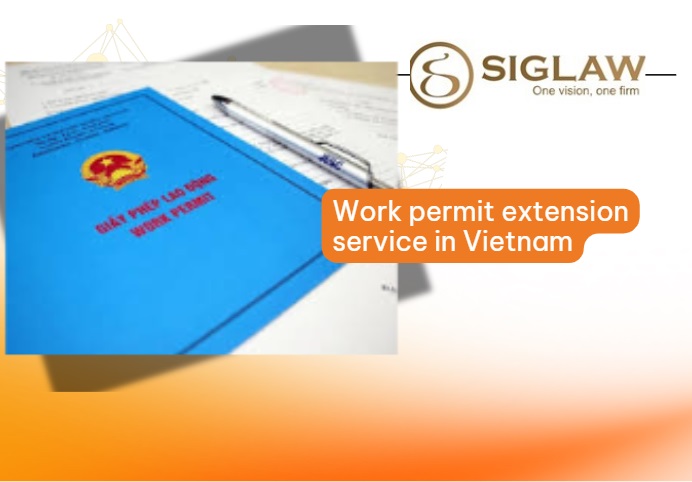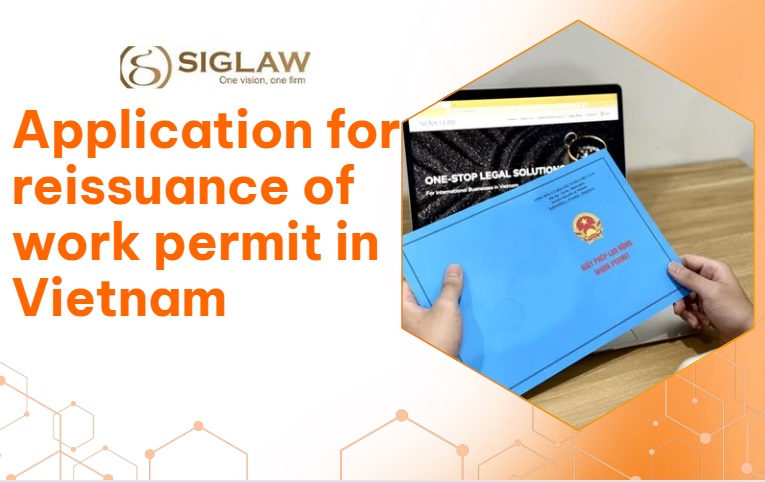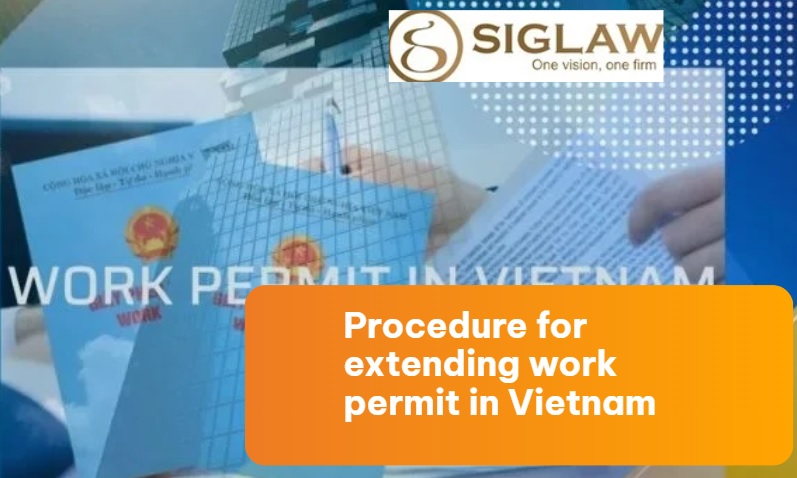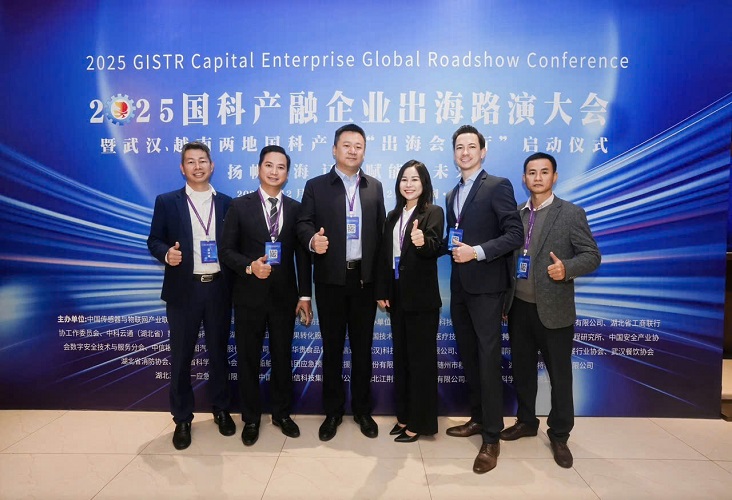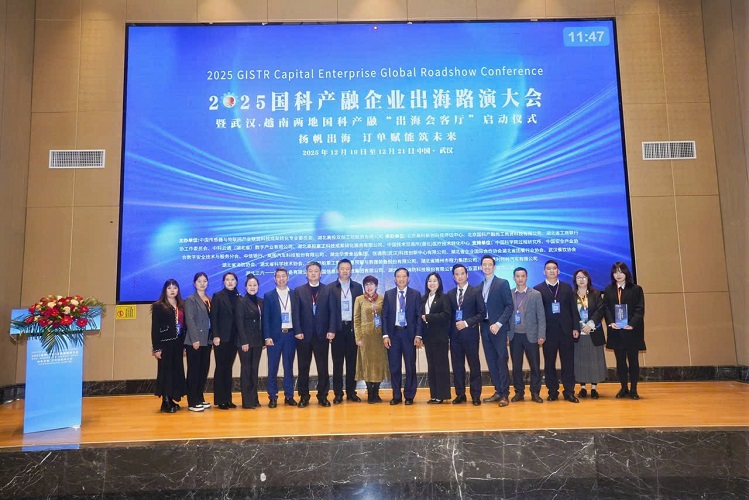Foreign direct investment in the tourism sector
Despite the overall challenging real estate market, foreign investors remain interested in resort real estate. Vietnam’s young population, rapidly growing middle class, and high urbanization rate create a favorable environment for socioeconomic development and open up opportunities for various real estate types. Among these, the tourism and resort real estate segment continues to attract many investors, especially those from the region such as South Korea, Japan, Singapore, and Hong Kong. So, what are the forms of foreign investment in Vietnam’s tourism sector? Let’s explore with Siglaw Firm through the following article!
What is foreign investment in the tourism sector in Vietnam?
Foreign investment in Vietnam’s tourism sector refers to the activities of individuals or organizations from foreign countries investing capital into Vietnam’s tourism industry through various investment forms as stipulated by Vietnam’s investment law, with the aim of generating profit.
In recent years, Vietnam’s tourism industry has experienced remarkable growth, with a significant increase in both international and domestic tourists. Vietnam has gained global recognition as a popular tourist destination, and many domestic locations have been voted as favorites among international travelers. Tourism has become a focal point of societal attention and is now considered one of the three major economic sectors in Vietnam, attracting substantial investment and continuous development.
Vietnam is among the countries with the fastest-growing tourism industry in the world. Tourism is considered a spearhead industry of Vietnam, a country with diverse and abundant tourism potential and many advantages:
- Vietnam’s heritage: Our country boasts 8 UNESCO-recognized heritage sites, including the Thang Long Imperial Citadel, Hoi An Ancient Town, Trang An Scenic Landscape Complex, Hue Imperial Citadel, Hoa Lu Ancient Capital, My Son Sanctuary, Phong Nha-Ke Bang National Park, and Ha Long Bay.
- Natural wonders: Vietnam’s tourism potential extends beyond the lowlands, as the mountainous and midland regions offer countless breathtaking landscapes such as the blooming mustard flower fields and peach blossoms of Moc Chau, and the golden rice terraces of the Northwest.
- Gastronomy and culture: Vietnamese cuisine is world-renowned, with international visitors being captivated by dishes like pho, banh mi, and bun bo Hue. Intangible cultural heritage, including quan ho folk songs, Hue court music, and the Gong cultural space of the Central Highlands, also attracts many tourists.
Foreign direct investment (FDI) models in tourism:
Tourism is a burgeoning service industry in Vietnam, attracting significant investment, including from foreign investors. However, as tourism is a conditional business, foreign investors wishing to enter the Vietnamese tourism market must meet certain investment requirements stipulated by Vietnamese law. Currently, Vietnamese law recognizes four primary investment forms:
Investing to establish an economic organization in the tourism sector in Vietnam
There are two primary forms of foreign direct investment in the Vietnamese tourism sector:
- Establishing a wholly foreign-owned tourism company
- Establishing a joint venture between domestic investors, including the government, and foreign investors.
Before establishing a tourism business, foreign investors must have an investment project, obtain an investment registration certificate for the tourism sector, and meet the equity ownership ratio requirements as stipulated by securities laws, equitization laws, and laws on the conversion of state-owned enterprises, as well as other conditions specified in international treaties to which the Socialist Republic of Vietnam is a party.
Investing to establish an economic organization in the tourism sector in Vietnam
There are two primary forms of foreign direct investment in the Vietnamese tourism sector:
- Establishing a wholly foreign-owned tourism company
- Establishing a joint venture between domestic investors, including the government, and foreign investors.
Before establishing a tourism business, foreign investors must have an investment project, obtain an investment registration certificate for the tourism sector, and meet the equity ownership ratio requirements as stipulated by securities laws, equitization laws, and laws on the conversion of state-owned enterprises, as well as other conditions specified in international treaties to which the Socialist Republic of Vietnam is a party.
Investing, buying shares, and purchasing contributed capital in a tourism company in Vietnam
Investing in the share capital, purchasing shares, or contributing capital to tourism businesses in Vietnam is an indirect investment method for foreign investors looking to enter the Vietnamese tourism market. This indirect investment is carried out through the purchase of stocks, bonds, or other securities of Vietnamese tourism companies without direct involvement in the management of the investment. When engaging in this form of investment, investors must comply with the procedures and regulations governing capital contributions, share purchases, and capital contributions as stipulated by Vietnamese law.
Implementing an investment project in the tourism sector
Foreign investors can sign investment contracts in the tourism sector under the public-private partnership (PPP) model. This is an investment method implemented on the basis of time-limited cooperation between the State and a private investor through the signing of a PPP contract to attract private investors to participate in the implementation of PPP investment projects.
An investment based on the BCC contractual model
BCC is an investment form signed among investors to cooperate in business, share profits, and share products without establishing a new legal entity. This investment form helps investors quickly conduct investment activities without spending time and money to establish and manage a newly established legal entity. BCC contracts signed among domestic investors are governed by the Civil Code. For BCC contracts with at least one foreign investor, an investment registration certificate must be obtained.
Above are the forms of foreign direct investment in Vietnam’s tourism sector. If you have any questions regarding foreign direct investment in the tourism sector, please contact Siglaw Firm for support!
Phone: (+84) 961 366 238
Email:
- vphn@siglaw.com.vn
- vphcm@siglaw.com.vn
Headquarters: No.44/A32-NV13, Gleximco A, Le Trong Tan street, An Khanh, Hoai Duc, Ha Noi, Vietnam.
Southern branch: No.103 – 105 Nguyen Dinh Chieu Str., Xuan Hoa Ward, Ho Chi Minh.
Central branch: VIFC DN – ICT Building Software Park No. 2, Nhu Nguyet Street, Hai Chau Ward, Da Nang City
Facebook: https://www.facebook.com/hangluatSiglaw



